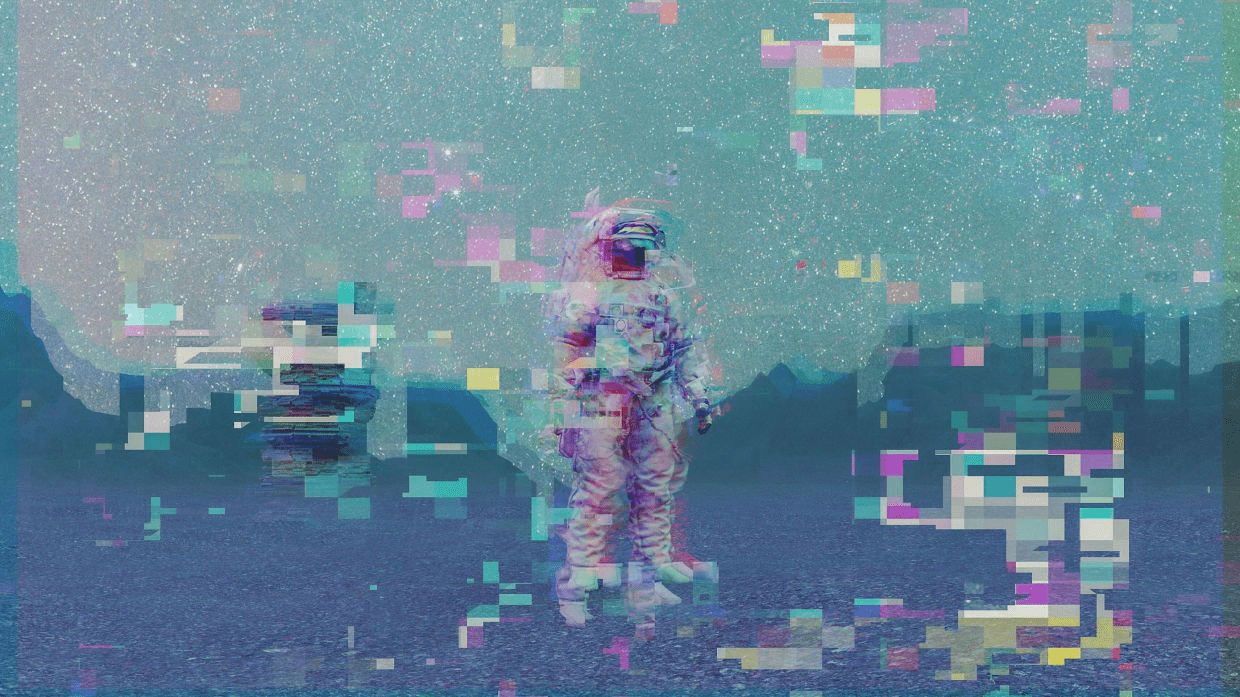In a world where generative AI rules, safeguarding creative works from unapproved replication has emerged as a critical issue for artists everywhere. Now introduce Nightshade, a novel tool created by a group under the direction of University of Chicago computer science professor Ben Zhao. After months of development and peer review, Nightshade was finally released on January 18. Since then, it has become quite popular, racking up an incredible 250,000 downloads in just five days.
The tool addresses a pervasive issue: the indiscriminate assimilation of images into generative AI training datasets. Even copyrighted works are not spared from being potentially misused. Nightshade disrupts this cycle by offering a data-poisoning solution. Users upload their images to the tool, which subtly manipulates the data embedded within, rendering the images unsuitable for model training.

To the naked eye, the manipulated images appear nearly identical to their originals. Only images with minimal texture may show subtle variations if Nightshade’s “low intensity” setting is neglected. The tool effectively prevents data scrapers from correctly interpreting the image’s contents, offering a safeguard against AI art generators.
Nightshade’s creators provide a vivid example of its efficacy, illustrating how an image of a cow in a green field could be perceived as a leather purse lying in the grass by AI. Even if images are cropped, compressed, or altered visually using tools like Photoshop, Nightshade ensures that generative AI models cannot discern the original content.

While Nightshade tackles content protection, its older sibling, Glaze, focuses on safeguarding an artist’s style. By manipulating an image’s data without altering its appearance significantly, Glaze ensures that AI misinterprets the visual style. Using both Nightshade and Glaze provides comprehensive protection against AI data scrapers, ensuring that an artist’s work remains resistant to mimicry.
Interestingly, the Nightshade team emphasizes a commitment to recentering artists rather than breaking AI models. Their goal is to elevate the cost of training on unlicensed data, making licensing images from creators a more viable alternative. Both Nightshade and Glaze are available for free, underscoring the team’s dedication to empowering artists in the digital age. As the team plans to integrate Nightshade’s and Glaze’s functionalities into a unified tool, the future holds even greater promise for creators seeking comprehensive protection against AI infringement.


